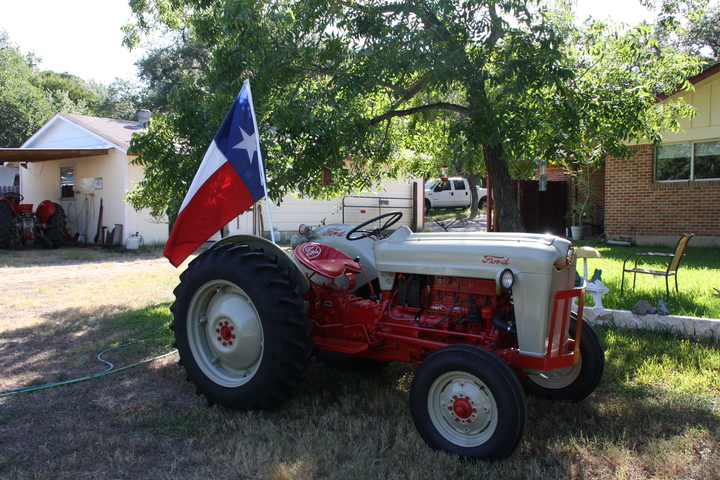Anonymous-0
Well-known Member
I've been looking for an air compressor for my shop and ran across an old Curtis Pneumatic Machinery Air Compressor, has a 60 gallon horizontal tank. The pump was marked 3 x 1-7/8 x 3. Doing some reasearch I was able to determine that meant it was is 2 stage compressor. After calling Curtis in St Louis the only thing they could tell me was it was built between 1940 and 1945. No specs on the CFM etc, but it will pump up to 185 psi which is where the cut out is set, takes a while though, maybe 20 minutes from zero psi. The electric drive motor was definitely replaced at one time as it's not original, it may be running on the slow side. 220V. Anyone have any experience with these...runs great and sounds good, very quiet for a compressor. Trying to keep my budget down and a new 2 stage compressor is quite expensive.


